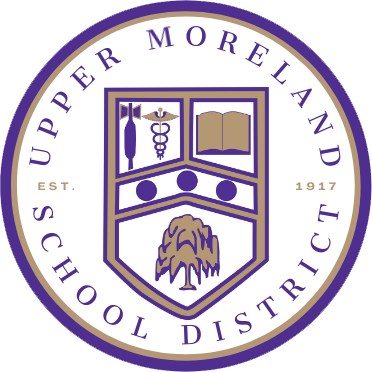French Teacher
World Languages Curriculum
World Languages Mission Statement
Our mission in the Upper Moreland School District is to create a community of life-long learners who will develop the linguistic skills and cultural understanding to communicate successfully and function in all aspects of a multi-lingual and multi-cultural global society.
Upper Moreland School District is the proud home of a long-standing World Language Department, offering courses in French, German, and Spanish. Over the years, the department has been repeatedly recognized by the Pennsylvania State Modern Language Association (PSMLA) as an Exemplary Program and recipient of the Golden Globe Award. Within our high quality programs, students have had the opportunity to acquire new language skills and to engage in special events, clubs, field trips, and travel. Students begin their language studies at the elementary level and have the opportunity to continue their language learning throughout their entire Upper Moreland educational experience. Additionally, all students at our high school are required to complete two years of a world language in order to graduate.
The 3-12 World Language program follows the guidelines of the six Advance Placement themes. These themes include: Global Challenges, Science and Technology, Contemporary Life, Personal and Public Identities, Families and Communities, and Beauty and Aesthetics. Theme-based instructional units will engage each student in thinking and learning processes which include intensive involvement in the target language, and differentiated, personalized student-centered activities. Opportunities are woven into the program for students to learn and understand cultures inherent to each target language. Students are expected to gain an increasing level of communicative proficiency, within the interpersonal, presentational, and interpretive modes in the language with each additional level of the language as defined by the American Council on Teaching of Foreign Languages proficiency guidelines and the Pennsylvania Core Standards.
World Readiness Standards (Goal Areas)
Communication: Communicate effectively in more than one language in order to function in a variety of situations and for multiple purposes
Cultures: Interact with cultural competence and understanding
Connections: Connect with other disciplines and acquire information and diverse perspectives in order to use the language to function in academic and career related situations
Comparisons: Develop insight into the nature of language and culture in order to interact with cultural competence
Communities: Communicate and interact with cultural competence in order to participate in multilingual communities at home and around the world
Included below is an overview of our world language offerings within our schools:
Elementary Center | Grades K-5: students are enrolled in yearly Spanish classes as part of their Unified Arts curriculum. |
|---|---|
Middle School | Grade 6: Students complete a Language Exploration course. This course introduces students to French, German and Spanish while reinforcing the major aspects of language learning and culture. At the conclusion of this course, students will select a language (French, German, or Spanish) for continued study. Grade 7: Students formally begin Level 1A in their selected language. At this level, their language class is a full-year course within their academic schedule. Grade 8: Students continue with Level 1B of their chosen language. At this level, their language class continues to be a full year course within their academic schedule. Students who successfully complete Level 1 at the middle school level have the opportunity to move on to Level 2 in high school. |
High School | Grades 9-12: Students are encouraged to continue with their chosen language and are required to successfully complete two years of language studies in order to graduate from our high school. Levels 1 - AP are offered in all languages (French, German, and Spanish). The program also offers a Spanish for Heritage Learners course. Additionally, students have the opportunity to pursue more than one language. |
Cultural Perspectives of World Languages
School District of Upper Moreland Township
2900 Terwood Road
Willow Grove, PA 19090
Planned Course for World Languages
Course: Cultural Perspectives of World Languages
World Readiness Standards (Goal Areas)
Communication: Communicate effectively in more than one language in order to function in a variety of situations and for multiple purposes
Cultures: Interact with cultural competence and understanding
Connections: Connect with other disciplines and acquire information and diverse perspectives in order to use the language to function in academic and career related situations
Comparisons: Develop insight into the nature of language and culture in order to interact with cultural competence
Communities: Communicate and interact with cultural competence in order to participate in multilingual communities at home and around the world
Course Description:
The 3-12 World Language program follows the guidelines of the six Advance Placement themes. These themes include: Global Challenges, Science and Technology, Contemporary Life, Personal and Public Identities, Families and Communities, and Beauty and Aesthetics. Theme-based instructional units will engage each student in thinking and learning processes which include intensive involvement in the target language, and differentiated, personalized student-centered activities. Opportunities are woven into the program for students to learn and understand cultures inherent to each target language. Students are expected to gain an increasing level of communicative proficiency, within the interpersonal, presentational, and interpretive modes in the language with each additional level of the language as defined by the American Council on Teaching of Foreign Languages proficiency guidelines and the Pennsylvania Core Standards.
This course is an introduction to the cultural perspectives of World Languages. It reinforces the major aspects of language learning: comprehension, speaking, listening, reading, writing, and cultural understanding. Students will be exposed to a variety of languages through simple conversations and authentic resources in the target language, while discovering different cultures. In addition, students will connect aspects of the target language and culture to their own language and to other disciplines. They will begin to develop an understanding of cultural influences and explore ways to connect to the local and global community. Every student will be provided exposure to French, German, and Spanish cultures. At the conclusion of this course students will be prepared to make an informed choice about future language study.
Prerequisite(s): Not applicable.
Specific and measurable objectives to be attained by students:
The course will focus on supporting and preparing students to communicate and interact with cultural competence in order to participate in multilingual communities at home and around the world. Learners use the language both within and beyond the classroom to interact and collaborate in their community and the globalized world. Learners set goals and reflect on their progress in using languages for enjoyment, enrichment and advancement.
Materials:
Text, Manipulatives and Realia:
Exploring German, EMC Publishing: 2008 (third edition)
Exploring Spanish. EMC Publishing: 2008 (third edition)
Exploring French. EMC Publishing: 2008 (third edition)
Exploring Countries Book Series, Bellwether Media, Inc.
(selected titles from the French, German and Spanish speaking worlds) Teacher-created and commercial materials consistent with the objectives of the course. Authentic print materials; e.g. magazines, newspapers, pamphlets, etc. Newsela
Technology:
One-to-One chromebooks
Duolingo for Schools
Teacher-created and selected materials, visual aids and manipulatives.
Communicative Proficiency Modes: A solid understanding of how a message is conveyed or understood when listening, reading, writing or speaking is essential to using various tools needed to effectively communicate. A balanced world languages program demands the use of a variety of activities to stimulate thinking, conceptualizing, generalizing and problem-solving.
Interpersonal: Two-way speaking that allows for clarification of the message in real time. When communicating interpersonally all speakers and listeners are involved in creating and interpreting the message and work together to assure that there is a collective understanding. |
|
Presentational: One-way listening or reading that also does not allow for real time clarification of meaning. When reading and listening in this context the reader/listener needs to fill in their own gaps in understanding. This may require accessing personal knowledge of the topic or doing research. The most effective tool is the use of context clues and identifying what is understood to make meaning globally. |
|
Interpretive: One-way speaking or writing that does not allow for real time clarification of meaning. This means that the speaker/writer has to be sure to “fill in the gaps” and have a solid understanding of what the listener or reader knows or needs to know to interpret the message. |
|
World Languages Staff
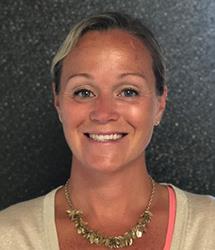
Sandy Bakey
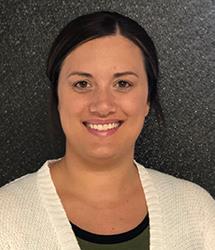
Colleen Cohen
Spanish French Teacher
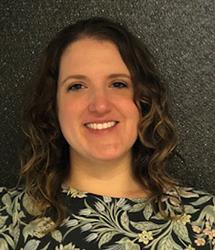
Sarah Fleming
Spanish Teacher
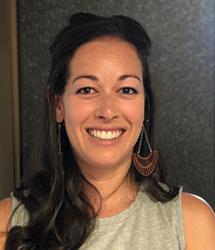
Stefanie Fox
Spanish Teacher
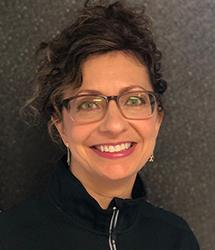
Theresa Hepner
Spanish Teacher
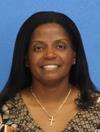
Angela McClenton
Spanish Teacher

Amy Tallman
German Teacher
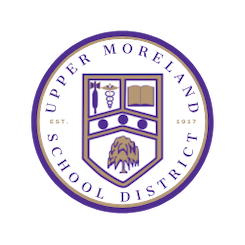
Yvonne Leistrum
German Teacher

Doug Smith
Spanish Teacher
Careers
The study of foreign languages is not just learning about speaking the language. Linguistics, literature, and culture of that language are a very important educational piece. The ability to speak another language fluently and understanding the culture can be an asset in today's global society. Employment opportunities exist in many career fields for students that are proficient with a foreign language.
Listed below is a small sampling of the varied careers that require a second language.
